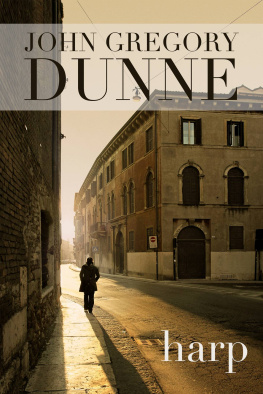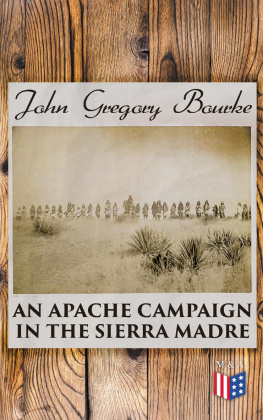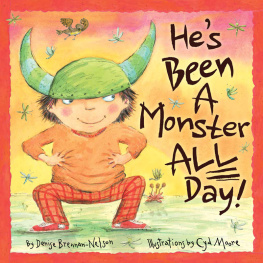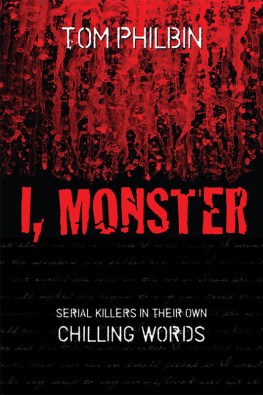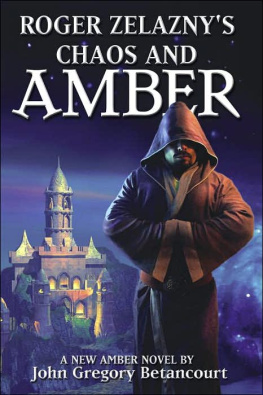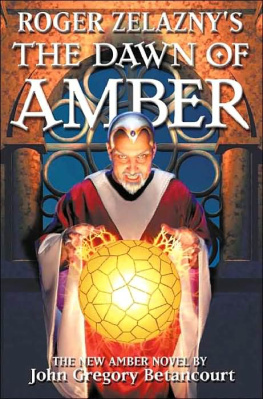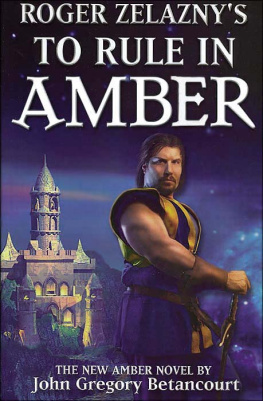John Gregory Dunne - Monster: Living off the Big Screen
Here you can read online John Gregory Dunne - Monster: Living off the Big Screen full text of the book (entire story) in english for free. Download pdf and epub, get meaning, cover and reviews about this ebook. year: 1998, publisher: Vintage, genre: Non-fiction / History. Description of the work, (preface) as well as reviews are available. Best literature library LitArk.com created for fans of good reading and offers a wide selection of genres:
Romance novel
Science fiction
Adventure
Detective
Science
History
Home and family
Prose
Art
Politics
Computer
Non-fiction
Religion
Business
Children
Humor
Choose a favorite category and find really read worthwhile books. Enjoy immersion in the world of imagination, feel the emotions of the characters or learn something new for yourself, make an fascinating discovery.

- Book:Monster: Living off the Big Screen
- Author:
- Publisher:Vintage
- Genre:
- Year:1998
- Rating:4 / 5
- Favourites:Add to favourites
- Your mark:
- 80
- 1
- 2
- 3
- 4
- 5
Monster: Living off the Big Screen: summary, description and annotation
We offer to read an annotation, description, summary or preface (depends on what the author of the book "Monster: Living off the Big Screen" wrote himself). If you haven't found the necessary information about the book — write in the comments, we will try to find it.
Monster: Living off the Big Screen — read online for free the complete book (whole text) full work
Below is the text of the book, divided by pages. System saving the place of the last page read, allows you to conveniently read the book "Monster: Living off the Big Screen" online for free, without having to search again every time where you left off. Put a bookmark, and you can go to the page where you finished reading at any time.
Font size:
Interval:
Bookmark:
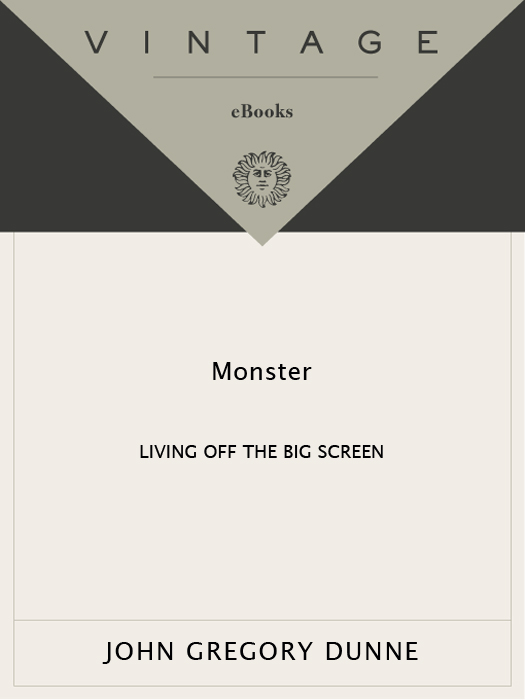
Acclaim for John Gregory Dunnes
MONSTER
A Hollywood cautionary tale worthy of Fitzgerald mordantly fascinating.
Entertainment Weekly
Amusing and instructive.
Washington Post Book World
Immensely engaging.
Cleveland Plain Dealer
Loaded with payback and toxic anecdotes a required text for anyone thinking about leaving his day job to write the great American screenplay.
Time
Includes enough inside information and wry observation to keep even the most jaded regular of Spagos turning the pages.
New York Observer
Scathing and funny.
People
Incisive, ironic Dunne [is] an astute guide through this business that he seems to find both repellent and irresistible.
Vogue
It belongs on that short shelf of essential books about movies and the people who make them. It is honest, funny, generous (to almost everyone), and finally deeply moving.
Robert Benton
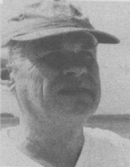
John Gregory Dunne
MONSTER
John Gregory Dunne was born in Hartford, Connecticut, and attended Princeton University. He is the author of twelve books, including Nothing Lost; Vegas; True Confessions; Dutch Shea, Jr.; The Studio; and Playland. He was a regular contributor to The New York Review of Books and The New Yorker. He died in 2003.
Also by John Gregory Dunne
Nothing Lost
Playland
Crooning
Harp
The Red White and Blue
Dutch Shea, Jr.
Quintana and Friends
True Confessions
Vegas
The Studio
Delano
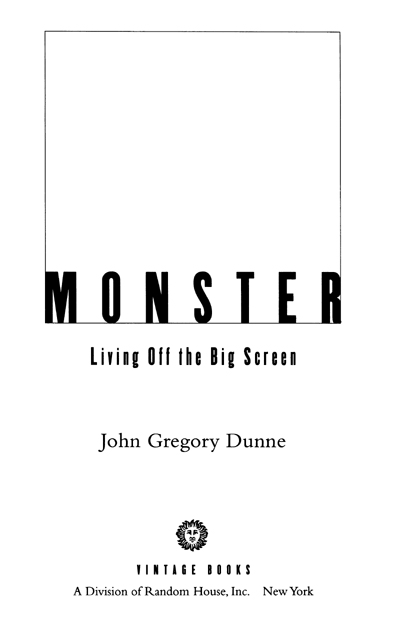
FIRST VINTAGE BOOKS EDITION, MARCH 1998
Copyright 1997 by John Gregory Dunne
All rights reserved under International and Pan-American
Copyright Conventions. Published in the United States by
Vintage Books, a division of Random House, Inc., New York, and
simultaneously in Canada by Random House of Canada Limited,
Toronto. Originally published in hardcover in the United States
by Random House, Inc., New York, in 1997.
The Library of Congress has cataloged the Random House edition
as follows:
Dunne, John Gregory.
Monster: living off the big screen / John Gregory Dunne.
p. cm.
eISBN: 978-0-307-81764-8
1. Up close and personal (Motion picture: 1996) 2. Motion
picturesProduction and direction. 3. Motion picture authorship.
I. Title.
PN1997.U5363D86 1997
791.4372dc20 96-26212
Author photograph Quintana Roo Dunne
Random House Web address: http://www.randomhouse.com
v3.1
For Scott Rudin and Jon Avnet
And in memory of John Christian Foreman
MONSTER, n. Any creature so ugly or monstrous as to frighten people; any animal or human grotesquely deviating from the normal shape, behavior, or character; a person who excites horror by wickedness, cruelty, etc.
Random House Unabridged Dictionary,
Second Edition
In the spring of 1988, my wife, Joan Didion, and I were approached about writing a screenplay based on a book by Alanna Nash called Golden Girl, a biography of the late network correspondent and anchorwoman Jessica Savitch. In the spring of 1996, the motion picture made from our screenplay, now called Up Close & Personal, and no longer about Jessica Savitch, was released. This is a story about the making of that movie, about the reasons it took eight years to get it made, about Hollywood, about the writers life, and finally about mortality and its discontents.
I first met John Foreman in my sophomore year at Princeton, at a cocktail party my brother gave in New York. John was from Pocatello, Idaho, had taught English literature at Stephens College in Missouri after service in the Navy in World War II, then had abandoned academe to become a show-business press agent. He was shepherding a client at the party that day, a neophyte film actress promoting a Gary Cooper western in which she appeared. The picture was High Noon and the actress was Grace Kelly.
It was almost twenty years before I saw John again, when he hired my wife and me to rewrite a screenplay for Joanne Woodward. During the intervening two decades, John had metamorphosed, first into an enormously successful motion-picture agent, one of the founders of Creative Management Associates, or CMA, the hot power-packaging agency of the Sixties and Seventies, and then into an equally successful film producerof Butch Cassidy and the Sundance Kid, Sometimes a Great Notion, and Judge Roy Bean, among other pictures. His partner in the Newman-Foreman Company was Paul Newman, whose agent he had once been. He and Ms. Kelly, by then Princess Grace of Monaco, had remained close friends, and over the next years, whenever my wife and I went to Paris, John would give us her telephone number and the address of her apartment on the Avenue Foch. You must call Grace, he would urge, and thought us remiss when we did not. Once he even tried to arrange a play date with our daughter, Quintana, and Princess Stephanie.
The screenplay for Joanne Woodward did not work out. It had been an original script by Joyce Carol Oates called The Verbal Structure of a Womans Life, and was about a blue-collar interracial love affair in Detroit and Cleveland. Ms. Oates departed the project after her contractual rewrites, and, after a draft or two by my wife and me, so did Ms. Woodward. Always the optimist, John had us rewrite the picture for a series of actresses, including Vanessa Redgrave, Faye Dunaway, Natalie Wood, Julie Andrews, and Shirley MacLaine, none of whom committed to the picture, but each of whom wanted to see an additional draft, with her own input. We did so many drafts that I protested to John that we were working for two cents a page. Detroit and Cleveland gave way to Hartford and New Haven, then San Francisco and Sacramento, and finally by some alchemy I still do not totally understand, the blue-collar interracial love story, by this time retitled January, February, and with substantially fewer rough edges than the one imagined by Joyce Carol Oates, was situated at the Ojai Music Festival. There it blessedly died.
John was good value, a welcome companion at the better by-invitation-only Hollywood funerals, where he could be counted on to have the last scurrilously hilarious gossip about the recently departed. We talked regularly, and it was he who, in 1973, put together our notion of a rock-and-roll version of A Star Is Born, which he developed with us and from which he was unceremoniously elbowed aside as producer, with only token payment, by Barbra Streisand and her then consort, Jon Peters. Several times we gave him titles we found intriguinga railroad western called Hundredth Meridian, an oil field thriller called North Slopeand John did the production deals with the studios and arranged meetings with actors and directors and set up location scouts, even though we had little more than the title and the notion that we would address the screenplay when we finished whatever book one or the other of us happened to be then writing.
Font size:
Interval:
Bookmark:
Similar books «Monster: Living off the Big Screen»
Look at similar books to Monster: Living off the Big Screen. We have selected literature similar in name and meaning in the hope of providing readers with more options to find new, interesting, not yet read works.
Discussion, reviews of the book Monster: Living off the Big Screen and just readers' own opinions. Leave your comments, write what you think about the work, its meaning or the main characters. Specify what exactly you liked and what you didn't like, and why you think so.

